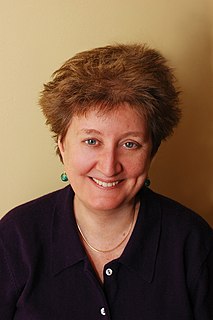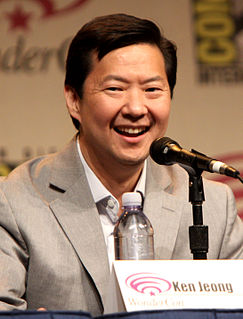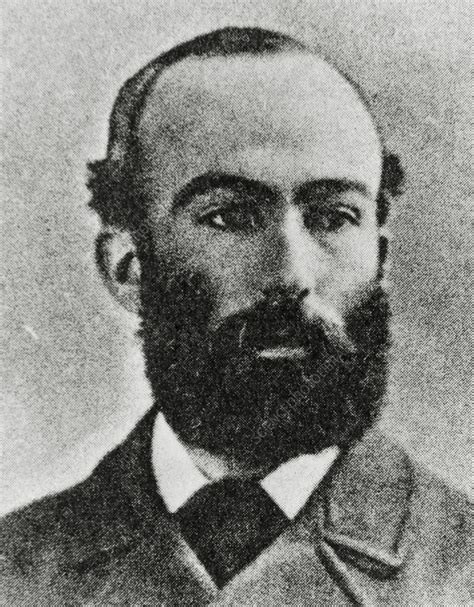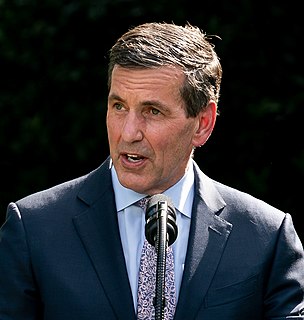A Quote by Walter E. Williams
Malmo, with its 280,000 residents, is Sweden's third-largest city. To see a physician, a patient must go to one of two local clinics before they can see a specialist. The clinics have security guards to keep patients from getting unruly as they wait hours to see a doctor. The guards also prevent new patients from entering the clinic when the waiting room is considered full. Uppsala, a city with 200,000 people, has only one specialist in mammography. Sweden's National Cancer Foundation reports that in a few years most Swedish women will not have access to mammography.
Quote Topics
Access
Also
Before
Cancer
City
Clinic
Clinics
Considered
Doctor
Entering
Few
Foundation
Full
Getting
Go
Guards
Hours
Keep
Largest
Local
Most
Must
National
New
Only
Patient
Patients
People
Physician
Prevent
Reports
Residents
Room
Security
Security Guards
See
Specialist
Sweden
Swedish
Third
Two
Unruly
Wait
Waiting
Will
Women
Years
Related Quotes
If you've been to the city of Malmo in Sweden, or to Berlin or to Hamburg or to London or to Paris in the suburbs, or Rotterdam in my own country. You see many cities where there is a city within a city - where even today in the United Kingdom - I don't know if you're aware of that - there are even sharia courts active, whether it's rulings that the worth of a woman is half of that of a man.
We need a comprehensive renewal of the nursing care system in Germany, and quickly. The two-tier medical system must be abolished. Patients with public health insurance are waiting months to be seen by a specialist doctor, while doctors increasingly give priority to privately insured patients. That's unacceptable. We also need an educational revolution. Medicine, nursing care, education: Germany is not a modern country when it comes to these three areas. We have to adapt our policies to the social reality. These are projects that can awaken Germany out of its torpor.
Virginity is now a mere preamble or waiting room to be got out of as soon as possible; it is without significance. Old age is similarly a waiting room, where you go after life's over and wait for cancer or a stroke. The years before and after the menstrual years are vestigial: the only meaningful condition left to women is that of fruitfulness.
In Delhi the cars are getting bigger and sleeker, the hotels are getting posher, the gates are getting higher, and the guards are no longer the old chowkidars, the watchmen, but they are fellows with guns. And yet the poor are packed into every crevice like lice in the city. People don't see that anymore. It's as if you shine a light very brightly in one place, the darkness deepens around.
The main thing is that people see constant reports of break-ins on, on record systems and stolen financial data and social security records and so they'd think about you know what's going to prevent that happening with my medical records. And interestingly enough, patients are less worried about that than their doctors are.
Consider radiology. Technology is going to reduce the use of those machines because doctors aren't going to need to send patients two or three times for radiology. They're going to have access to what the previous specialist took. There's also going to be devices that are coming out that are much less costly.
You see, I'm also a futurist. I dream about the world 50, 100, maybe even 1,000 years in the future. But I also realize I'm probably not going to see it. However, I wouldn't mind having at least a copy of myself see the future, maybe 50, 100, 1,000 years into the future. It would be a fantastic ride.





































